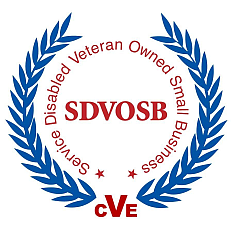
New Hypotheses for Federal Research
Dr. Lewis has used her experience of almost 30 years with a base of strong Ph.D. work to further develop her research and evaluation skills, critical thinking with regards to effective programs, behavior outcomes, markets and policy tools. The skills she has developed and now has expertise in using are applicable to many fields of research and evaluation.
Dr. Lewis has several hypotheses* in different areas of the Federal government that could have implications for important changes in policy or program development. She is now likely within 10 years of her retirement. This is one of the primary drivers for her current objective to work on research regarding these hypotheses. If true, subsequent program and policy changes could then create significant improvements in outcomes or reduction in the occurrence of negative events.
Being a researcher for so many years and several factors in Dr. Lewis’ background and interests has played a large role in her development of several hypotheses that could help direct important changes. Several of her hypotheses occurred to her given her research background, military background and reading with regard to military health, combat mortality and morbidity, and reading in health issues. She is a female veteran of an Army Air Defense Artillery unit (5th/6th in Germany in 1979, 32nd AADCOM) which has influenced her hypotheses in several areas for the military including research agendas that could create methods/programs that would prevent injuries (lower body MSK injuries), low modification of medical practices to treat these same type of injuries; basic research and then a research agenda to aid in reducing combat mortalities and morbidity.
Similarly, these research skills and background as a veteran receiving services in a VA hospital has led to a few specific hypotheses regarding overall VA health services that could improve veteran care (non-VA emergency care) that would cost little for the VA to administer.
Dr. Lewis also has hypotheses relating to non-surgical non-medical prevention and treatment, or priorities for these, in areas of health issues across military, VA and civilian health care.
*Hypotheses Dr. Lewis desires to undertake or provide major supervision of the work being performed.



